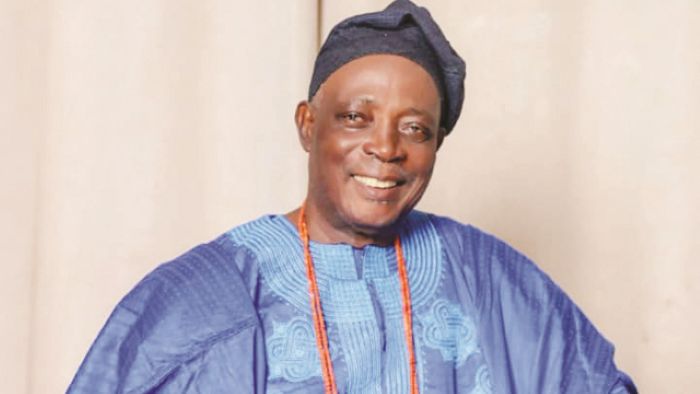Ibadan is awash in pageantry and jubilation today as Rashidi Adewolu Ladoja is formally installed as the 44th Olubadan of Ibadanland. The coronation, taking place at the historic Mapo Hall, draws a who’s who of Nigeria’s political and traditional elite.
President Bola Tinubu, former Vice President Atiku Abubakar, governors, ex-governors, traditional rulers, and other dignitaries are expected to be in attendance. The Coronation Committee hails the event as not just a crowning, but a reaffirmation of Ibadan’s unique and orderly succession system.
Ibadan’s streets buzz with excitement. Banners, posters, and colorful displays line major routes, while hotels brim with guests arriving from across the country and beyond. Security personnel maintain heavy presence at key junctions and traffic points to manage the massive influx of visitors.
Ladoja, who turned 81 this week, is no stranger to public life. His journey to the throne spans decades of steady progression through the traditional hierarchy. He first became Mogaji in the 1980s, rose to Jagun Olubadan in 1993, and later served as Otun Olubadan, the second most senior chief on the civil (Otun) line, before emerging as the Olubadan-designate.
The succession to the Olubadan stool follows a distinctive Yoruba system of alternating promotion through two lines, Otun (civil) and Balogun (military), which prizes order and longevity over sudden appointments. Today’s coronation is widely seen as a vindication of Ladoja’s long-standing defense of this traditional system against reforms that once threatened to disrupt it.
In an earlier remark, Oba Ladoja thanked Ibadan’s people for their trust and pledges to be a monarch for all, promising to preserve tradition while driving development and peace.
The coronation unfolds as a historic moment for Ibadanland, steeped in age-old customs yet celebrated in the glare of modern media. For Oba Ladoja, it represents the culmination of a lifetime’s journey from politician and businessman to revered custodian of culture and unity.










